Helping Your Child To Have Confidence In The Playground
Research has found that 6.8% of children have some kind of social anxiety. This can affect how they play in the playground, as well as how they interact with other children. Helping your child to play with confidence isn’t simply a case of throwing them in at the deep end - that can do more harm than good. Instead, you should take small steps together, and show your child different ways that they can play, use their imaginations, and begin to enjoy the company of other children. You can show them that the playground is a safe space where they can let off steam, run around, and simply have fun.
Play with them
If you were presented with a plate of food and a knife and fork for the first time, you wouldn’t instantly know how to use the cutlery and eat in a socially acceptable way. The same comes with learning to play - it’s not always instinctive. Children learn from their peers, and they learn from the adults around them. Not all learning children do is academic either: learning outside the classroom is fun, and can help children grow when they're back inside the classroom. Some children actively dislike school because they feel anxious interacting with other students, particularly if bullying is an issue or has been in the past. Learning to play can give them more confidence in a school setting, and this enjoyment can help them to thrive both socially and academically. When you get to the playground, go and play with your child - embrace your inner 5-year-old, and get on the monkey bars or try out the slide. Playing on your own isn’t the same as playing with someone who wants to have fun too. Don’t be the parent that sits on the sidelines of the park - use the playground as an opportunity to really interact and bond with your child.
Arrange a playdate
For a socially anxious child, a playground full of noisy, excitable children can be extremely overwhelming. It's often the same for adults at a busy party where they don’t know anyone. When you’re heading into an unfamiliar environment, it always helps to have a backup - someone with you that you're friends with already. Arranging a playdate for your child with someone they know from school or an outside club can help them to feel more comfortable when they're at the playground. They can focus on playing with just one friend, and not trying to play amongst lots of new children. Research done by Dr. Mary Roony, a psychologist who specializes in behavior, found that playdates help children to understand social cues and grow in confidence around others. Helping your child to make friends when they're young can have a positive impact on their personal growth.
Don’t push it
If your child is anxious or nervous about the play equipment, don’t try to push them to go on something as a way of overcoming their fear. This can only make things worse, especially if they feel scared or frightened. You might find that every time they visit the children’s playground, they just take little steps towards doing something new - this is an achievement in itself. Learning to play can be a gradual process, and children will gain more confidence if they explore and grow at their own pace.
The playground can sometimes be overwhelming for children. But if you show your child how to play, enjoying the space together, you can help them thrive in a new environment.

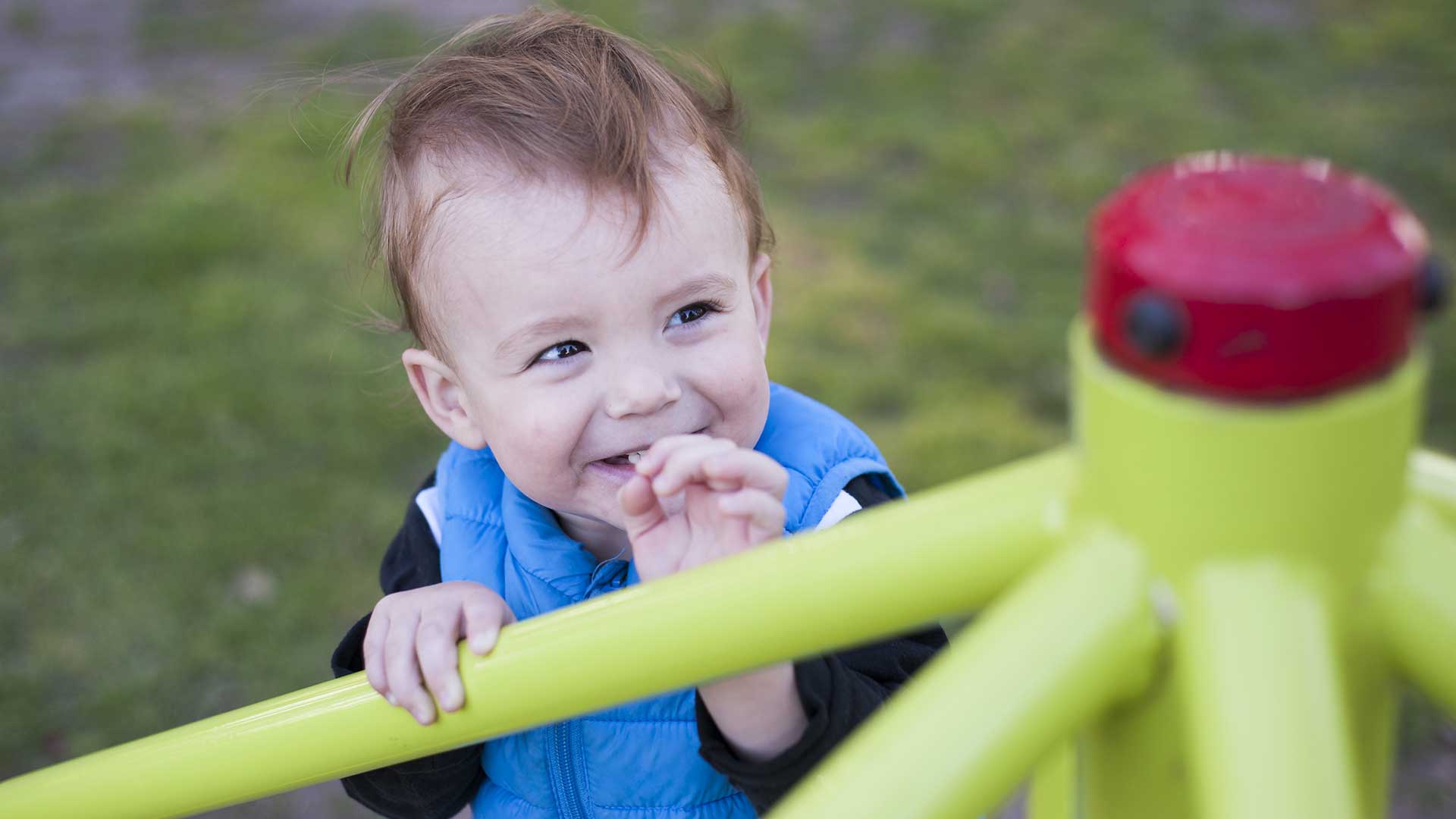
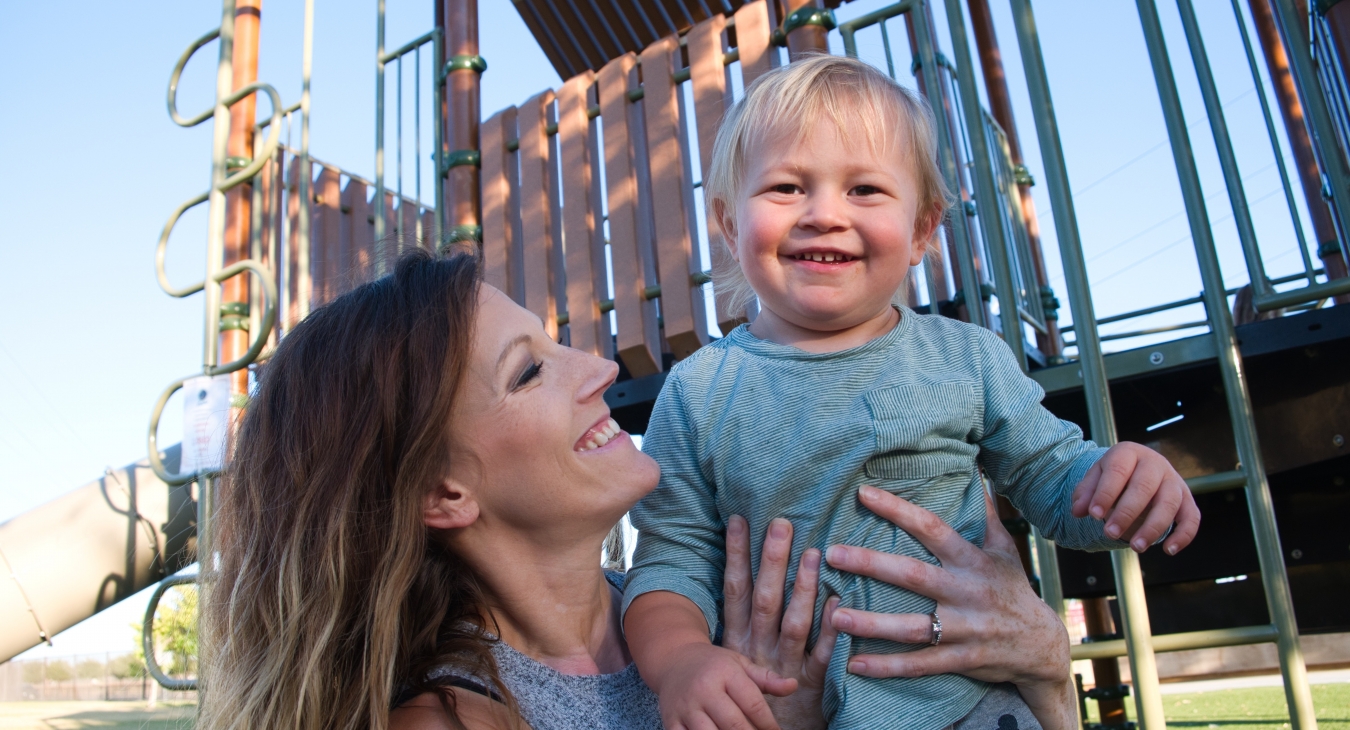
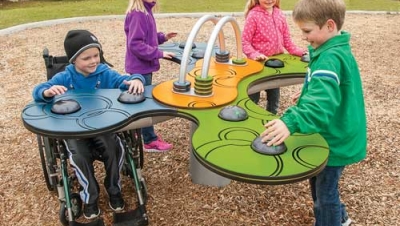
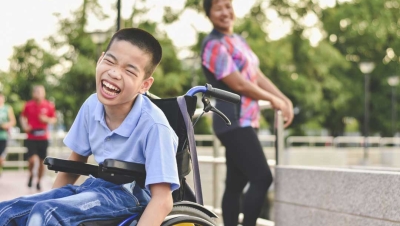



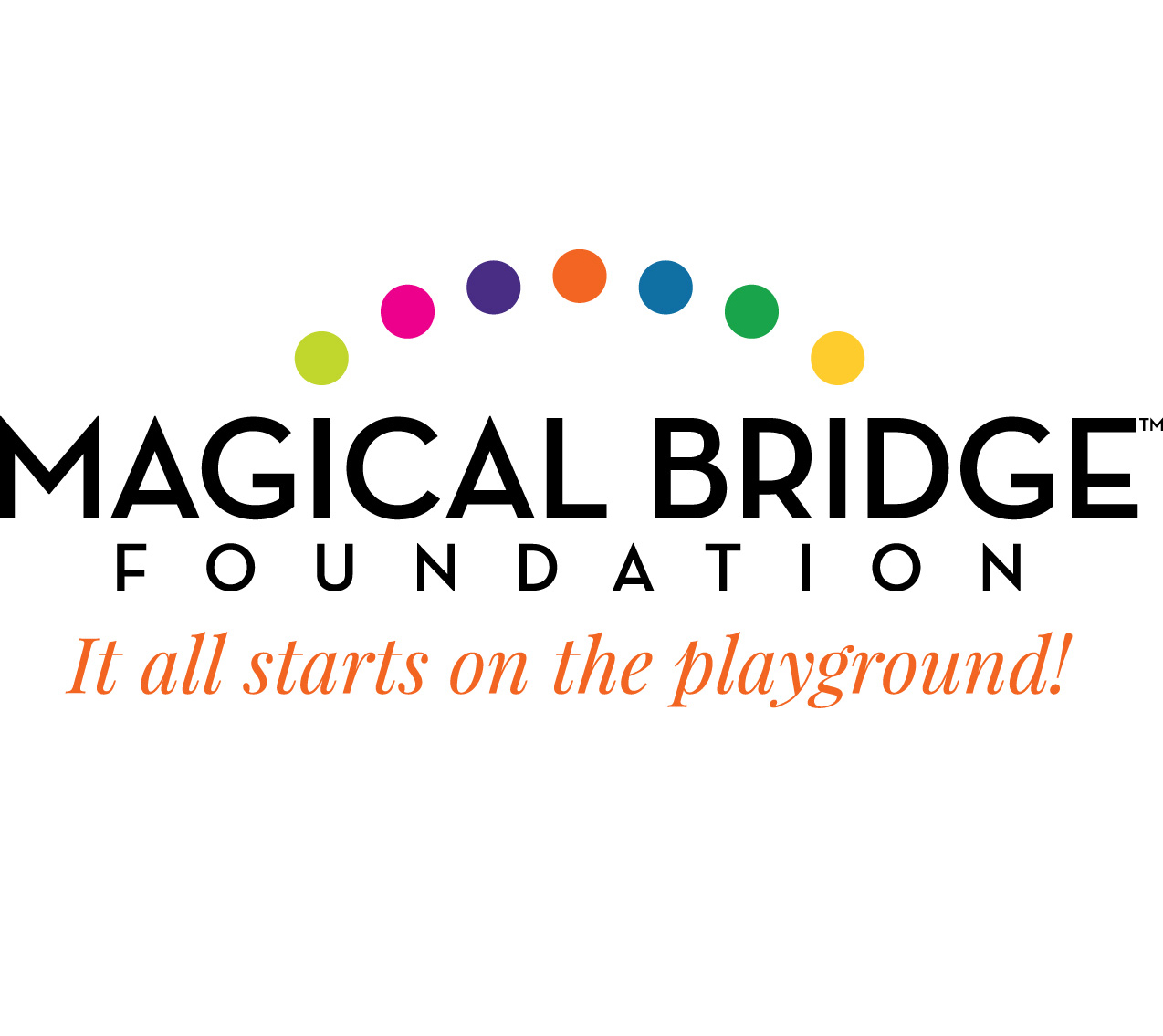
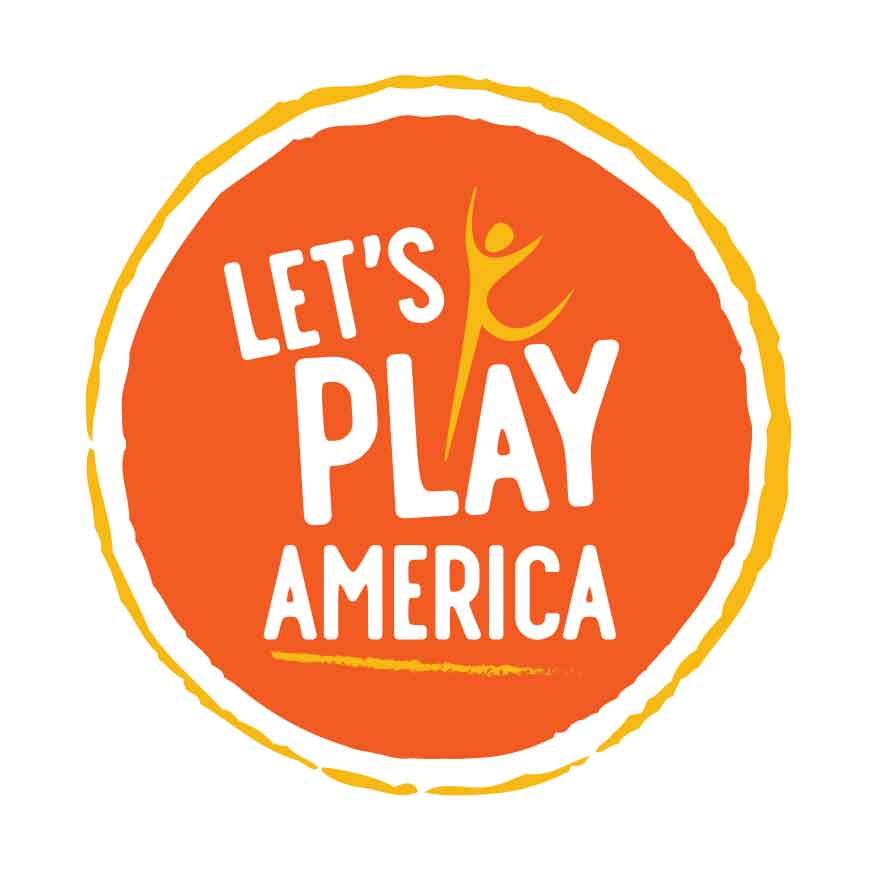


Add new comment